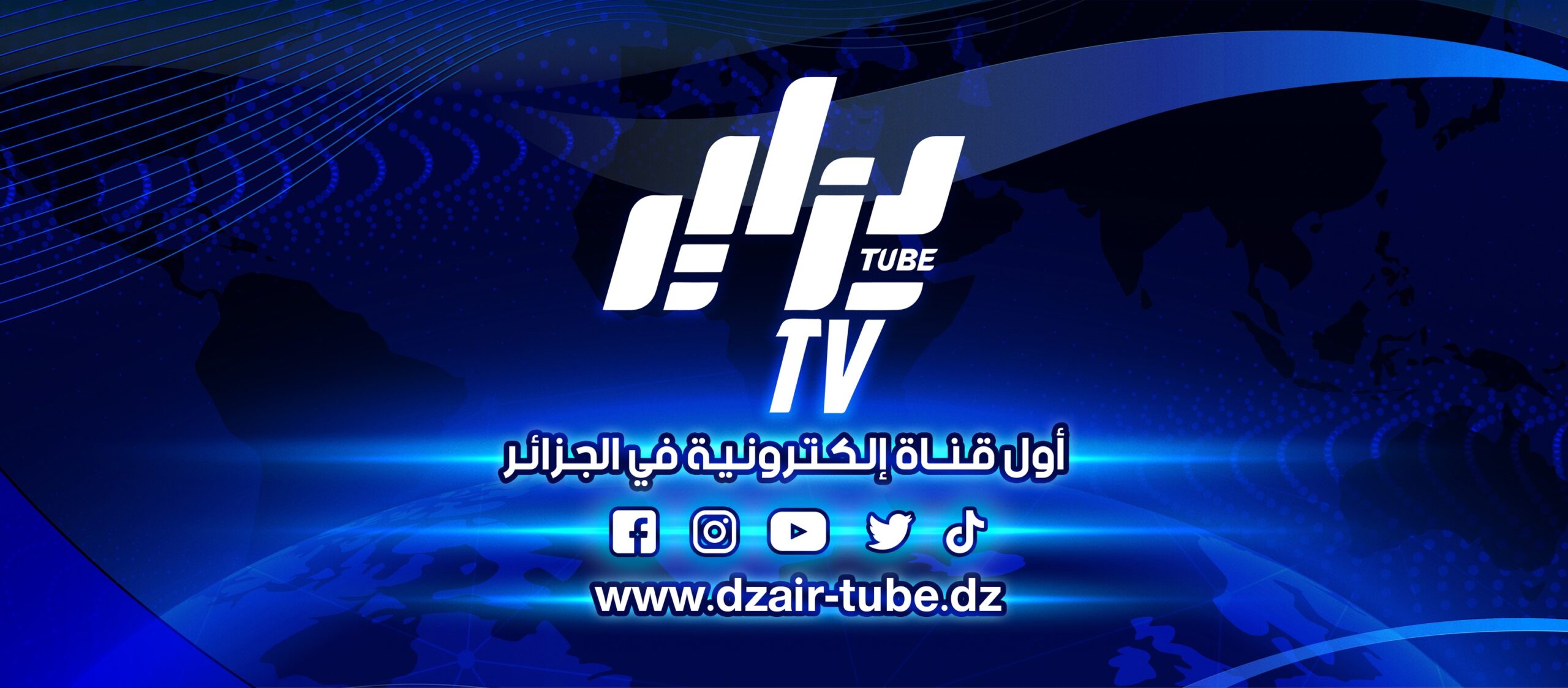BY: Dr. Hana Saada
The Algerian Minister of Youth and Sports and President of the Algerian Football Federation Joins Key Discussions to Shape the Future of African Football Under Patrice Motsepe’s New Term
Algiers, Algeria | April 26th, 2025 — In a move reaffirming Algeria’s growing influence within African sports governance, Walid Sadi, Algeria’s Minister of Youth and Sports and President of the Algerian Football Federation (FAF), arrived in Accra on Friday to take part in the inaugural meeting of the newly elected Executive Committee of the Confederation of African Football (CAF).
According to a statement issued by the FAF’s official website, Sadi’s participation underscores Algeria’s commitment to contributing actively to the development and reform of African football at a crucial juncture. The landmark meeting, convened today (Saturday) in the Ghanaian capital, marks the first gathering of the new executive body since its election.
Presided over by South Africa’s Patrice Motsepe, who secured a renewed four-year mandate during the recent CAF elections, the meeting is expected to result in decisive resolutions aimed at bolstering football development across the continent. The agenda includes extensive discussions on ongoing development programs, the evolution of continental competitions, the enhancement of governance structures, and addressing pressing challenges confronting African football.
The re-election of Motsepe, with the unanimous support of all 54 member associations, signals a renewed continental ambition for unity, professionalism, and accelerated growth. Walid Sadi’s presence at this high-level meeting is particularly notable as it marks his first participation as an Executive Committee member, following his election during CAF’s 14th Extraordinary General Assembly held in Cairo on March 12.
Observers anticipate that today’s deliberations could herald a transformative phase for CAF’s operational and strategic direction, especially in light of the intensified demands for transparency, expanded infrastructure investment, and greater representation of African football on the global stage.
In addition to institutional matters, the Executive Committee is also set to deliberate on key competition formats, funding mechanisms for grassroots development, and collaborative initiatives with FIFA and regional bodies.

